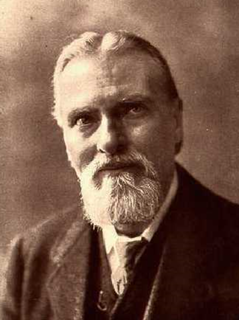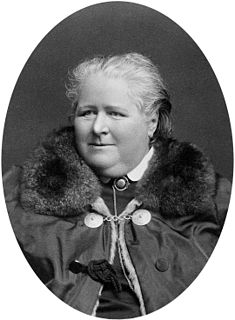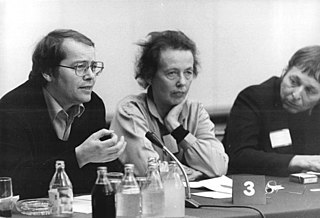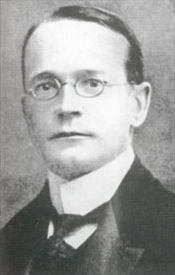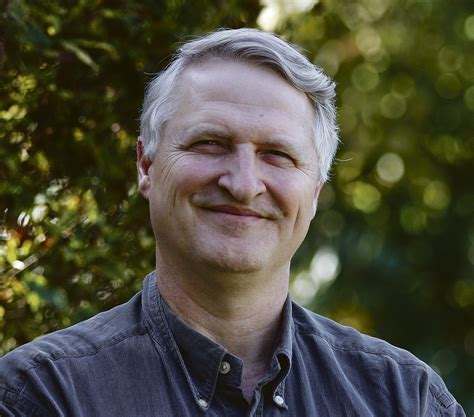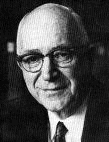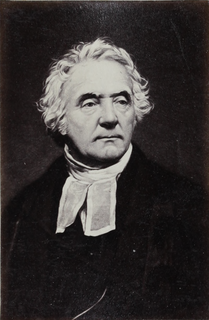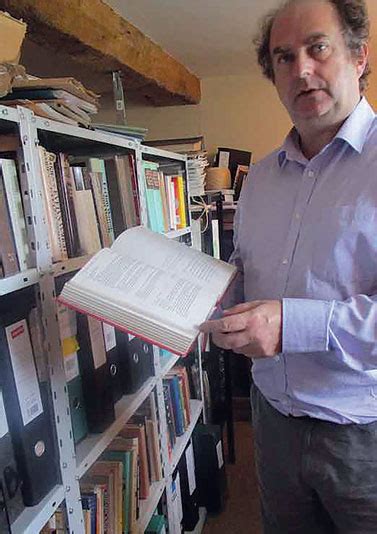Top 40 Theist Quotes & Sayings
Explore popular Theist quotes.
Last updated on April 14, 2025.
I have hitherto followed the lines marked out by the Theist in his attempt to prove that there exists a mind behind natural phenomena, and that the universe as we have it is, at least generally, an evidence of a plan designed by this mind. I have also pointed out that the only datum for such a conclusion is the universe we know. We must take that as a starting point. We can get neither behind it nor beyond it. We cannot start with God and deduce the universe from his existence; we must start with the world as we know it, and deduce God from the world.
I am neither Jew nor Gentile, Mohammedan nor Theist; I am but a member of the human family, and would accept of truth by whomsoever offered -- that truth which we can all find, if we will but seek in things, not in words; in nature, not in human imagination; in our own hearts, not in temples made with hands.
When the atheist is told that God is unknowable, he may interpret this claim in one of two ways. He may suppose, first, that the theist has acquired knowledge of a being that, by his own admission, cannot possibly be known; or, second, he may assume that the theist simply does not know what he is talking about.
Another source of conviction in the existence of God, connected with the reason and not with the feelings, impresses me as having much more weight. This follows from the extreme difficulty or rather impossibility of conceiving this immense and wonderful universe, including man with his capacity of looking far backwards and far into futurity, as the result of blind chance or necessity. When thus reflecting I feel compelled to look to a First Cause having an intelligent mind in some degree analogous to that of man; and I deserve to be called a Theist.
Tell me," said the atheist , "Is there a God really?" Said the master, "If you want me to be perfectly honest with you, I will not answer." Later the disciples demanded to know why he had not answered. "Because the question is unanswerable," said the Master. "So you are an atheist?" "Certainly not. The atheist makes the mistake of denying that of which nothing may be said... and the theist makes the mistake of affirming it.
Of all the major religions, or lack thereof, the atheist's is one of the best pretenders: his foundation for all existences, as well as moral behaviors for the permanent good of mankind, begins at science but ends at himself, the Napoleon complex of both intelligence and imagination. On the other hand the anti-theist wouldn't survive without a deity beyond himself to hunt. He doesn't pretend, he simply nullifies his own position.
When I reached intellectual maturity and began to ask myself whether I was an atheist, a theist, or a pantheist; a materialist, or an idealist; a Christian, or a freethinker; I found that the more I learned and reflected, the less ready was the answer; until, at last, I came to the conclusion that I had neither art nor part with any of these denominations, except the last.
The trick is, after all, obvious. The Theist takes terms that can apply to sentient life alone, and applies them to the universe at large. He talks about means, that is, the deliberate planning to achieve certain ends, and then says that as there are means there must be ends. Having, unperceived, placed the rabbit in the hat, he is able to bring it forth to the admiration of his audience.
In affirming God to be supreme in all things, the classical theist describes him in a number of ways. He is perfect, loving, good, infinite, omnipotent, omniscient, eternal, timeless, transcendent, personal, immutable and immanent. But how can this be? Is it really possible to be both eternal and timeless? Immutable and immanent? Personal and at the same time transcendent?
I'm not saying that atheists can't act morally or have moral knowledge. But when I ascribe virtue to an atheist, it's as a theist who sees the atheist as conforming to objective moral values. The atheist, by contrast, has no such basis for morality. And yet all moral judgments require a basis for morality, some standard of right and wrong.


